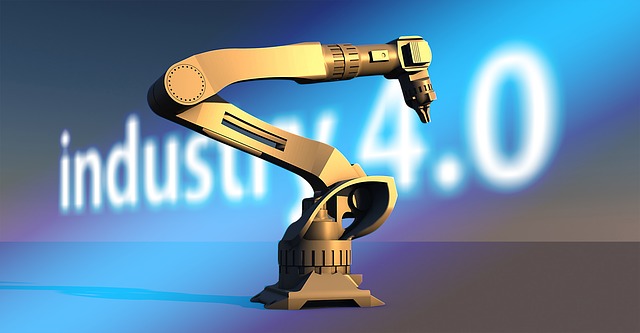Technology Will Change, Not Abolish Jobs

Technologies such as robotics, machine learning and artificial intelligence could replace specific tasks that were formerly done by people. Employees will then be able to concentrate on tasks of added value.
However, things are not as catastrophic as they may seem. People will still find a lot of career options, even if automation in the form of robotics and modern technologies takes over their former manufacturing position. “Most of the products are still manufactured, monitored by various systems and controlled manually,” says Ryan Martin, the main analyst of ABI Research, in the discussion about a study performed by his company with the title of “Smart Workforces: Transformative Technologies for New Employment Paradigms.”.
So What Will Change?
The nature and range of work will be changed. Transformative technologies, such as robotics, machine learning, artificial intelligence or the dynamic simulation technology may change specific activities formerly done by people, but will also enable these professionals to concentrate on new things – and these things will redefine the stint of skills and abilities of a specific job.
Specific Examples of the Impact of Implementing Advanced Technologies
An example could be utilization of a robotized process of automation at Amazon. Despite the previous idea that utilization of robotics will abolish jobs, there are positions where the recruitment of new employees is rapidly growing as a consequence of overall effectivity.
Another example is utilization of robotics and automatic systems for revealing missing goods in warehouses, price checking and identifying what stock items will run out in a short span at Walmart. Here, technologies in combination with robotics help employees with repeated, predictable and manual activities meaning employees can pay more attention to customer services.
“The introduction and wider availability of self-service analytics, machine learning, and AI simply helps level the playing field by focusing the conversation on how to supplement—rather than supplant—today’s employees, putting the lens on the job itself rather than the organization or environment in which it resides,” says Ryan Martin.
What Is the Situation and Outlook?
However, this technology adoption is still slow. The report states that 67% of respondents from production don’t use IoT in operation. However, it’s positive that 74% are considering implementation and utilization of advanced technologies within the next 12 months.
The article comes from here:
http://www.mhlnews.com/technology-automation/technology-will-redefine-not-reduce-manufacturing-jobs
Related articles
Jul 11, 2024
Europe’s wind power industry relies on digital technologies
Europe’s wind power industry relies on digital technologies
Jul 11, 2024
Application for WMS? Vysoká efektivita, rychlé aktualizace, maximální variabilnost
Application for WMS? Vysoká efektivita, rychlé aktualizace, maximální variabilnost
Jun 7, 2024